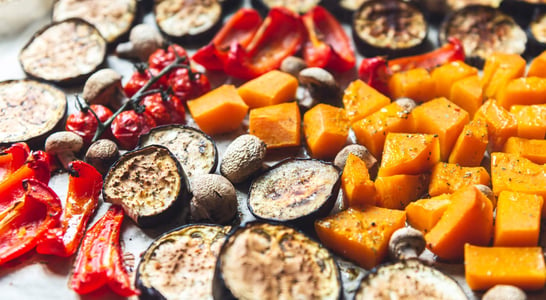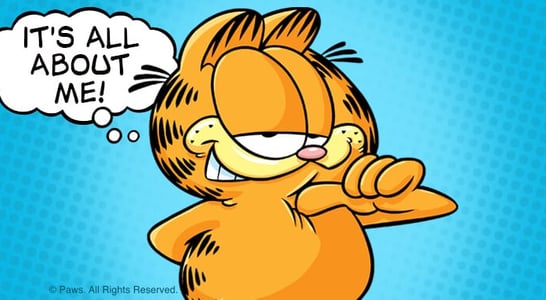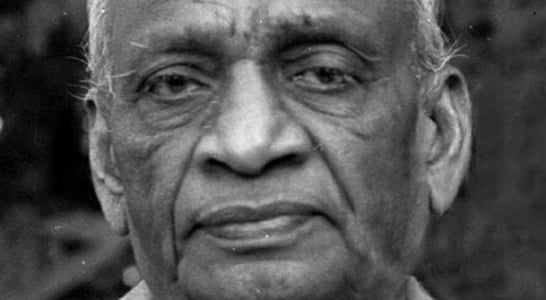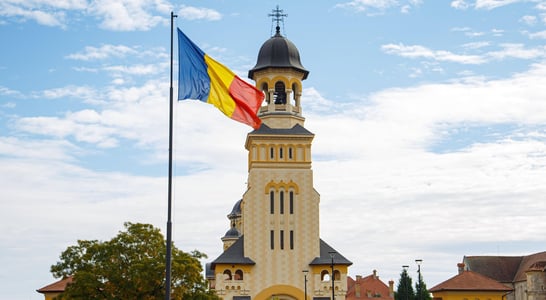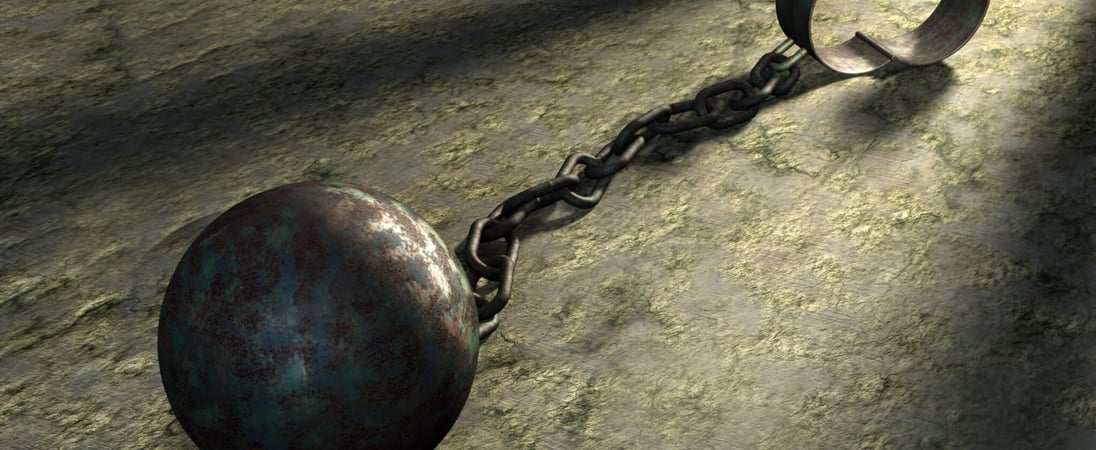
Juneteenth
Bone up on your history to fully understand the importance of Juneteenth, the day when Union General Gordon Ranger announced that all slaves are free.
Juneteenth is a vibrant celebration that marks an essential chapter in American history. Every year on this day, people across the United States celebrate this day to honor the end of slavery.
How to Celebrate Juneteenth
Now, let’s talk about celebrations. How do you mark such a monumental day?
Host a Freedom Feast: Whip up dishes that sing with flavors of freedom. Think red foods for resilience and liberation, like watermelon, red velvet cake, or anything that brings the color of Juneteenth to life.
Bust Some Moves: Organize a dance party. Whether it’s in your living room or backyard, let the rhythm of freedom move you. From traditional African dances to modern moves, let every step honor the journey to freedom.
Storytime Under the Stars: Gather friends and family for an evening of storytelling. Share tales of heroes from the past, or better yet, invite elders to share their stories. It’s history live and unplugged.
Art Attack: Get creative with a Juneteenth art project. Paint, sculpt, or craft pieces that reflect the spirit of the day. It’s a hands-on way to connect with history and express what freedom means to you.
Picnic with Purpose: Pack a basket, grab a blanket, and head to a local park for a Juneteenth picnic. Make it a potluck of purpose, where each dish comes with a story of freedom or triumph.
Learn and Grow: Attend a workshop or seminar (virtual counts, too!) about African American history and culture. Knowledge is power, and what better day to empower yourself?
Give Back: Volunteer or support black-owned businesses. Juneteenth is about community, so show some love and help lift others up.
Celebrating Juneteenth is about embracing freedom, honoring ancestors, and committing to a future where equality isn’t just a dream. So, how will you make your mark this Juneteenth?
Why Observe Juneteenth
This event started in Texas in 1865 when enslaved African Americans in Galveston were informed by Union soldiers that they were free.
This news came two years after President Abraham Lincoln‘s Emancipation Proclamation, which had officially outlawed slavery. Despite the Proclamation, slavery persisted in several places until the end of the Civil War and the arrival of Union troops who ensured freedom was enforced.
Juneteenth stands out as not just a day of celebration but also a moment for reflection and education. It’s a time when communities gather to remember the struggle for freedom and equality and to celebrate African American culture and achievements.
From its origins, the day has featured music, food, and gatherings as a way to bring people together in both celebration and solidarity. Over time, it has grown from a Texas tradition to a national day of recognition, becoming the first new federal holiday established since Martin Luther King Jr. Day in 1983.
The significance of Juneteenth lies in its embodiment of freedom and resilience. It reminds us of a past where freedom was only granted through struggle and determination. Recognized also as Emancipation Day, Freedom Day, and Juneteenth Independence Day, this holiday serves as a reminder of the fight for civil rights and the ongoing journey toward equality.
It’s a day that connects the African American experience with broader global movements for justice and freedom, celebrating the end of slavery and reflecting on the broader implications of freedom and what it means to be truly free.
History of Juneteenth
Juneteenth’s tale is full of surprises and late-breaking news. Imagine, if you will, a world where news traveled not by tweet or text but by horseback.
That’s right, back in 1865, when General Granger rode into Galveston, Texas, he wasn’t just passing through.
He brought a message that would turn the town on its head: all enslaved people were free at last. This bombshell dropped a whole two years after President Lincoln had already signed the Emancipation Proclamation. Talk about snail mail!
This news sparked what we now call Juneteenth, a blend of “June” and “nineteenth,” the date that freedom’s message finally landed.
It’s a day that went viral in the best way, spreading from Texas to become a nationwide celebration of freedom, resilience, and African American culture. Think of it as the ultimate block party, where history and hope dance hand in hand. But Juneteenth is more than just a day on the calendar; it’s a vibe, a reflection on how far we’ve come, and a reminder of the journey ahead.
It started with cookouts and gatherings in Texas and has since ballooned into a full-blown national holiday. From parades and concerts to educational events, Juneteenth is a time to honor those who fought for freedom and to celebrate the vibrant tapestry of African American culture.
This vital look back at American history teaches us the power of persistence and the joy of freedom. It reminds us that sometimes, the news worth waiting for is the kind that changes the world. So next time Juneteenth rolls around, remember the tale of tardy tidings that sparked a celebration of liberty, equality, and community.
Juneteenth FAQs
How did enslaved people celebrate their newfound freedom after Juneteenth?
Many celebrated with music, dancing, and church gatherings. Cooking large feasts became common, symbolizing community and abundance. These traditions still influence Juneteenth celebrations today.
Why is the color red significant in Juneteenth celebrations?
Red foods and drinks represent resilience and honor African heritage. This includes hibiscus tea, often used in West African ceremonies. Today, strawberry soda and red velvet cake are staples of Juneteenth.
Are there any Juneteenth traditions unique to certain regions?
In Texas, where Juneteenth originated, rodeos are a popular way to celebrate.
Other regions hold events like storytelling sessions, reenactments, and parades. These variations reflect local histories and cultural practices.
What role did Black-owned newspapers play in spreading awareness of Juneteenth?
Black-owned newspapers were crucial for spreading Juneteenth’s significance in the early 20th century.
Papers like The Galveston Daily News reported on events, keeping traditions alive despite societal challenges.
Did Juneteenth ever face opposition or bans?
Yes, during the Jim Crow era, public celebrations of Juneteenth were discouraged. Many Black communities held private observances to keep the holiday alive, even when facing systemic oppression.
How have other countries adopted Juneteenth celebrations?
Countries like Japan and Ghana host Juneteenth events. These gatherings emphasize the global struggle for justice and African heritage. They demonstrate how the holiday resonates far beyond U.S. borders.
Why is General Order No. 3 historically significant?
It wasn’t just about emancipation; the order encouraged freedpeople to work for wages rather than “idly.” This phrasing hinted at continued racial inequality and systemic control post-slavery.
Is Juneteenth associated with any unique music traditions?
Spirituals and gospel music were integral to early Juneteenth celebrations.
Songs like “Swing Low, Sweet Chariot” symbolized hope and freedom. Modern events often include jazz, blues, and hip-hop performances.
What unusual misconceptions exist about Juneteenth?
Some mistakenly think Juneteenth marks the Emancipation Proclamation’s signing.
In reality, it commemorates its enforcement in Texas, years later. The misconception highlights gaps in historical knowledge.
How did the federal recognition of Juneteenth impact its observance?
In 2021, Juneteenth became a federal holiday, boosting awareness. Cities nationwide now hold larger, more public celebrations, ensuring the holiday’s cultural importance continues to grow.
Also on ...
View all holidaysWorld Tapas Day
Enjoy an array of small dishes or appetizers in place of a big meal in order to thank the country of Spain for introducing the world to tapas.
Real Food Day
Nourish your body with fresh, whole foods that fuel your energy and leave you feeling satisfied, without the guilt and sluggishness of processed junk.
World Sickle Cell Day
Help increase public knowledge and awareness of Sickle Cell Disease, one of the main causes of death in children under the age of five in Africa.
National Garfield the Cat Day
Settle in with some coffee and lasagna as a nod to the pop culture icon Garfield, the cat who captured our hearts first as a comic strip, then in movies and more.

